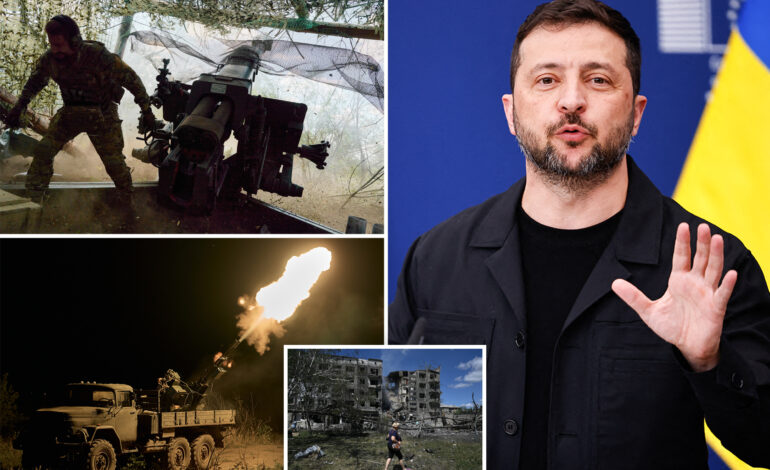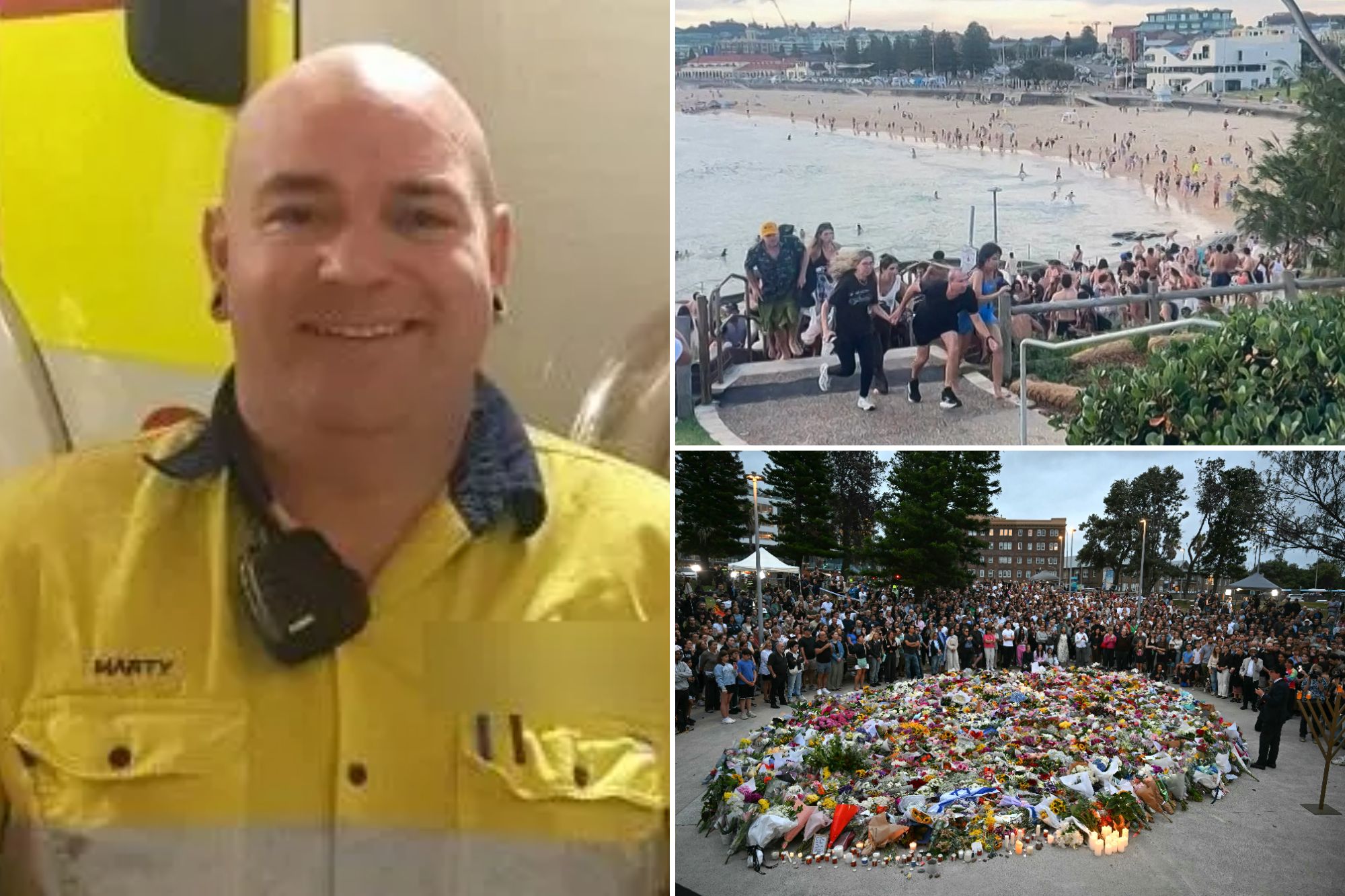Zelensky Asserts Ukraine Will Not Cede Territory Amid Peace Talks

Ukrainian President Volodymyr Zelensky has firmly stated that Ukraine will not relinquish any territory not currently occupied by Russian forces as part of peace negotiations. This declaration came in response to demands from Russian President Vladimir Putin, who has called for Ukraine to cede control of the entire Donetsk region. Zelensky made these comments during a press conference in Brussels ahead of his meeting with Donald Trump on March 4, 2024.
Zelensky emphasized that while Ukraine is open to discussions about land swaps, the notion of ceding parts of Donetsk, which remain under Ukrainian control, is unacceptable. “We need real negotiations, which means they can start where the front line is now,” he remarked. This front line, he noted, represents the best basis for dialogue. He further pointed out that Russia has struggled to gain ground in the Donetsk region for over a decade, highlighting the constitutional barriers that prevent Ukraine from giving up territory.
During a recent summit with Trump, Putin reiterated his demands for the withdrawal of Ukrainian forces from both the Donetsk and Luhansk regions, which are situated along Ukraine’s eastern border. Currently, Russian forces control significant areas within these regions, yet Ukraine has successfully defended key cities such as Sloviansk and Kramatorsk for more than three years. Zelensky noted that Russian casualties have been substantial, with hundreds of troops reportedly killed or injured weekly in ongoing conflicts.
Zelensky remains resolute regarding Ukraine’s territorial integrity, emphasizing that European leaders support this stance. He warned that any alterations to Ukraine’s borders through military force must not be tolerated. “Since the territorial issue is so important, it should be discussed only by the leaders of Ukraine and Russia at the trilateral Ukraine-United States-Russia,” he stated. He expressed skepticism about Russia’s willingness to engage in such a trilateral discussion, suggesting that if Russia continues to refuse dialogue, it should face new sanctions.
As he prepares for his meeting with Trump, Zelensky plans to seek clarity on the “security guarantees” that could be offered to Ukraine in the event of a peace deal. Steve Witkoff, Trump’s special envoy, indicated that Putin had agreed to allow assurances from the United States and Europe that Ukraine would not face another invasion from Russia. This arrangement would mirror NATO’s Article 5, which commits member nations to mutual defense.
Despite these developments, Putin has publicly rejected any proposals that would grant Ukraine NATO membership. Trump has also dismissed such ideas in the past, raising further questions about the concessions Moscow is prepared to make in ongoing peace talks. Zelensky expressed frustration over the lack of clarity, stating, “We really want to get an answer to these questions in order to understand what ‘security guarantees’ are.”
In summary, Zelensky’s firm position underscores Ukraine’s commitment to sovereignty while navigating complex diplomatic discussions amid ongoing conflict with Russia. As negotiations continue, the international community watches closely, aware that the outcomes could reshape the geopolitical landscape in Eastern Europe.






